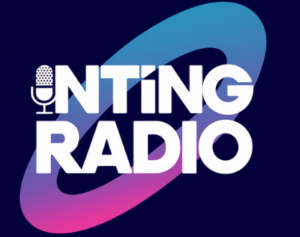Description
This post will dive into the emergence of pirate radio stations, why they began, their impact on culture, and the legal battles that followed.
Full Blog Post
The rise of pirate FM radio marked a rebellious chapter in the history of broadcasting. In an era dominated by heavily regulated legal stations, pirate radio offered a raw, unfiltered voice to those who felt unheard. Emerging in the 1960s, particularly in the UK and parts of Europe, pirate radio stations were often broadcast from ships off the coast, taking advantage of international waters to bypass strict broadcasting laws.
Pirate radio began as a response to the lack of diversity in mainstream radio. At a time when legal stations were limited in both format and playlist, pirate broadcasters filled the gap with genres like rock, reggae, and soul, which were often ignored by traditional media. Stations such as Radio Caroline in the UK became cultural icons, influencing the music industry and youth culture.
These underground stations operated with makeshift equipment, from hidden basements to abandoned buildings and offshore vessels. The rebellious spirit of pirate radio not only challenged legal broadcasting monopolies but also led to significant legal battles. Governments introduced stricter laws and enforcement tactics to shut down unlicensed broadcasts, often raiding pirate stations and seizing equipment.
Despite the risks, pirate radio’s influence was undeniable. It helped break new artists, introduced niche genres to wider audiences, and pushed the boundaries of what radio could achieve. Many of today’s well-known broadcasters and DJs began their careers in the pirate scene, and the legacy of pirate radio continues in modern internet and community radio stations that embrace freedom of expression.



